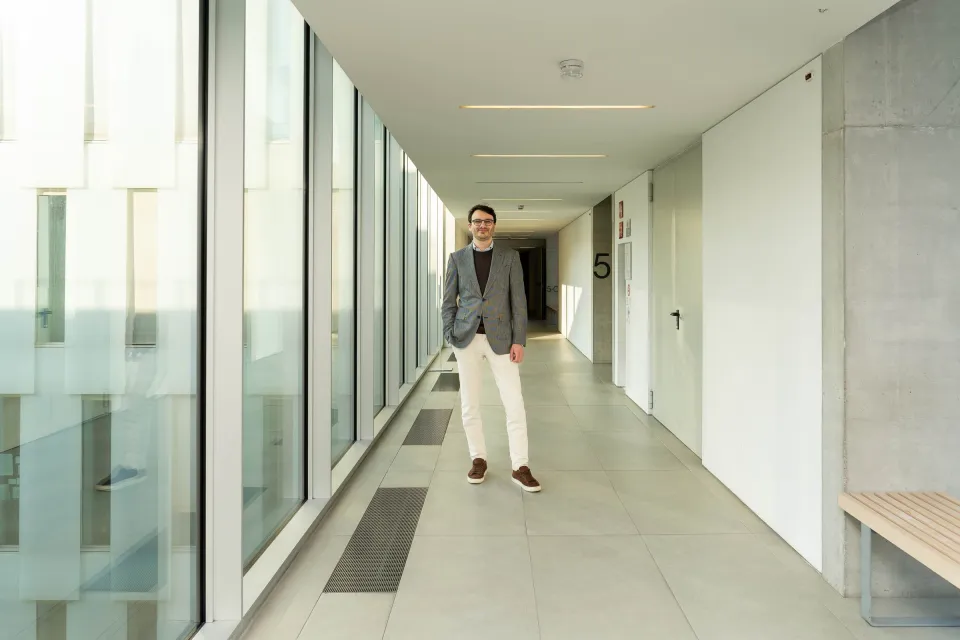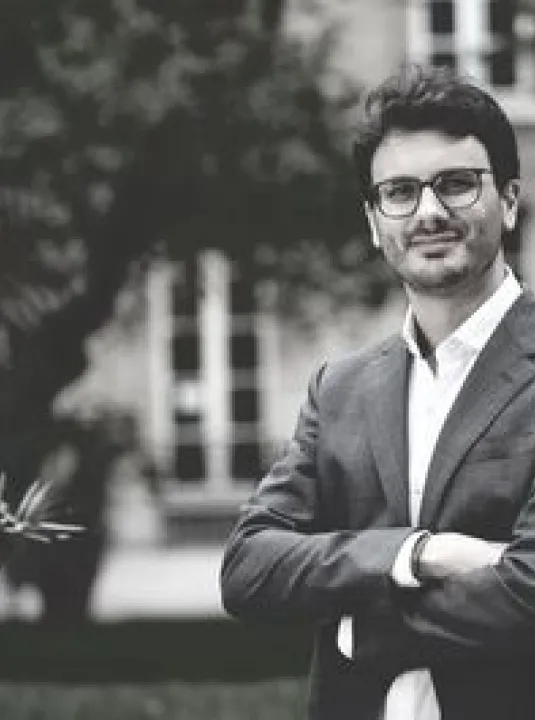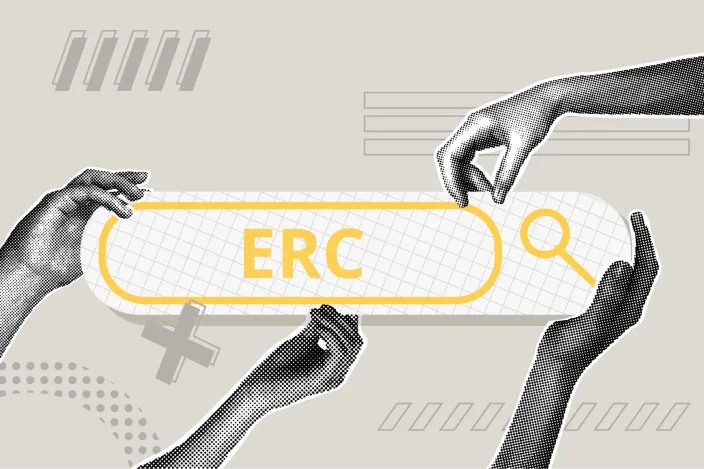
Balancing Profits and Community
Over the past two decades, the world has witnessed an explosion of corporate sustainability commitments. In 2000, no country had laws on corporate sustainability; today, more than 70 do. From climate action plans to social responsibility reports, companies increasingly pledge to “do well by doing good.” Yet behind the glossy brochures and ambitious targets, one question remains: do firms’ ethical choices actually benefit society, or are they simply strategies to attract customers and investors?
This question lies at the heart of BALANCE, a research project I lead that was recently awarded a European Research Council (ERC) Starting Grant. While most of the literature limits itself to measuring what firms do, BALANCE asks something deeper: how do firms actually impact society, and how does society in turn shape firms? When companies internalize the concerns of stakeholders, their objectives extend beyond pure profit maximization. In these settings, the crucial task is to uncover the feedback loop between firms and society, tracing when this interaction produces benefits and when it generates distortions.
The novelty of the first strand of the project is to move beyond simply cataloguing prosocial actions and instead to study their long-term consequences for the people and places affected. This requires addressing two challenges: distinguishing genuine social responsibility from greenwashing, and identifying the key stakeholders influenced by firms’ prosocial behavior. BALANCE approaches this by examining a unique historical episode: Pope Leo XIII’s 1891 encyclical Rerum Novarum, which encouraged Catholics to create cooperative banks. These institutions provided affordable credit to local entrepreneurs and, according to preliminary evidence, played a pivotal role in the emergence of Italy’s industrial clusters. This suggests that firms’ prosocial actions can have profound and lasting effects, shaping local economic growth over generations. A further contribution of the project will be to digitize and make publicly available tens of thousands of historical balance sheets of Italian limited corporations, creating a valuable resource for future research.
The second part of the project turns to the present, asking whether competition fosters or erodes corporate ethics. Ethical banks often serve riskier clients excluded from mainstream finance, yet they attract unusually loyal depositors. BALANCE investigates whether these banks thrive simply because their image allows them to attract depositors who are less sensitive to interest rates — making ethics little more than greenwashing — or because they actively contribute by accepting lower markups to support certain borrowers. The distinction is highly relevant for regulators currently debating whether ethical banks should face lighter liquidity requirements, with direct implications for access to credit and the risk of financial desertification in underserved areas.
A further part of the project examines how dispersed stakeholders can coordinate their impact. Universities, for instance, establish student unions that allow individuals to organize across topics and make their voices heard. This coordination problem is particularly acute for shareholders: although small investors collectively control vast portions of financial markets, they often remain passive, uncertain whether others share their concerns. BALANCE addresses this issue by studying the case of the Dutch NGO Follow This, which mobilized Shell’s green minority shareholders. The example shows how grassroots coalitions can influence even the largest corporations, and how, once shareholders become aware of the presence of likeminded peers, they extend their demands across the firms in their portfolios, spreading change from one company to many. The policy implications are significant: one possible innovation would be to enable shareholders to coordinate their votes by preference groups — such as environmental issues or labor standards — so that minority voices can shape corporate strategies more effectively.
The final part of the project focuses on global supply chains, where sustainability certifications have become a central tool to reassure consumers. In Uruguay’s pulp and paper industry, plantations of fast-growing trees meet certification standards while creating so-called “green deserts,” damaging biodiversity and local farming. By tracing how firms respond to certification rules, BALANCE shows how transparency policies can produce unintended consequences, a question of particular urgency as the European Union reconsiders its own supply chain regulations.
Why this matters now
These questions resonate strongly with current debates. In Brussels, policymakers are weighing reforms to sustainability reporting. In financial centers, central banks and regulators are wrestling with how to treat banks that claim a social mission. And across global markets, shareholder activism continues to test the balance of power between finance and environmental and social responsibility. Against this backdrop, BALANCE provides much-needed evidence on how firms’ strategies spill over into society — sometimes counterintuitively. Its findings are expected to inform not only academic research but also the choices of policymakers, investors and citizens seeking to distinguish between genuine responsibility and greenwashing.
Toward a new corporate contract
Firms are not just engines of profit; they are social actors shaping communities, markets and ecosystems. Their interests and society’s goals do not always coincide. By identifying the frictions — whether competition, information gaps or flawed certification systems — that distort outcomes, BALANCE seeks to design better policies to bring corporate strategies closer to the public good.


